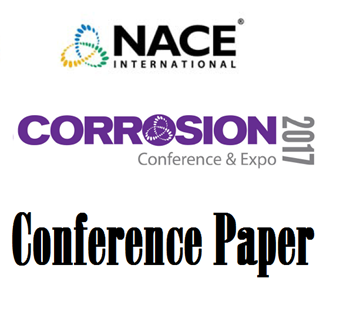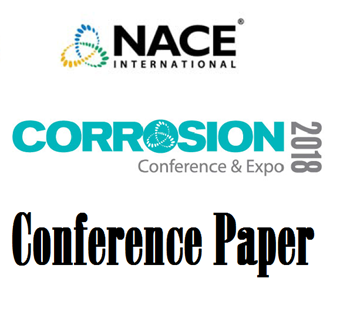Search
Use Of Vapor Phase Corrosion Inhibitor For Tank Bottom Protection
Also Purchased
Premature Failure of API 650 Oil Storage Tank Bottom Plates Due to Soil Side Corrosion
Product Number:
51317--9025-SG
ISBN:
9025 2017 CP
Publication Date:
2017
$20.00
51318-11567-Methodologies to Evaluate Compatibility between Cathodic Protection and Vapor Corrosion Inhibitors for Tank Bottom Applications
Product Number:
51318-11567-SG
Publication Date:
2018
$20.00
00829 TECHNIQUES FOR ACCURATE EVALUATION OF ABOVEGROUND STORAGE TANK CATHODIC PROTECTION SYSTEM EFFECTIVENESS
Product Number:
51300-00829-SG
ISBN:
00829 2000 CP
$20.00




